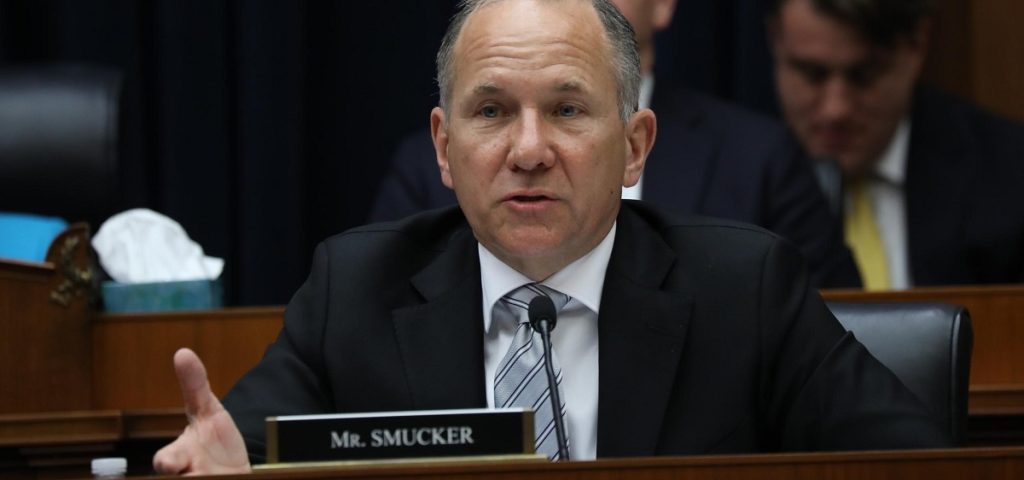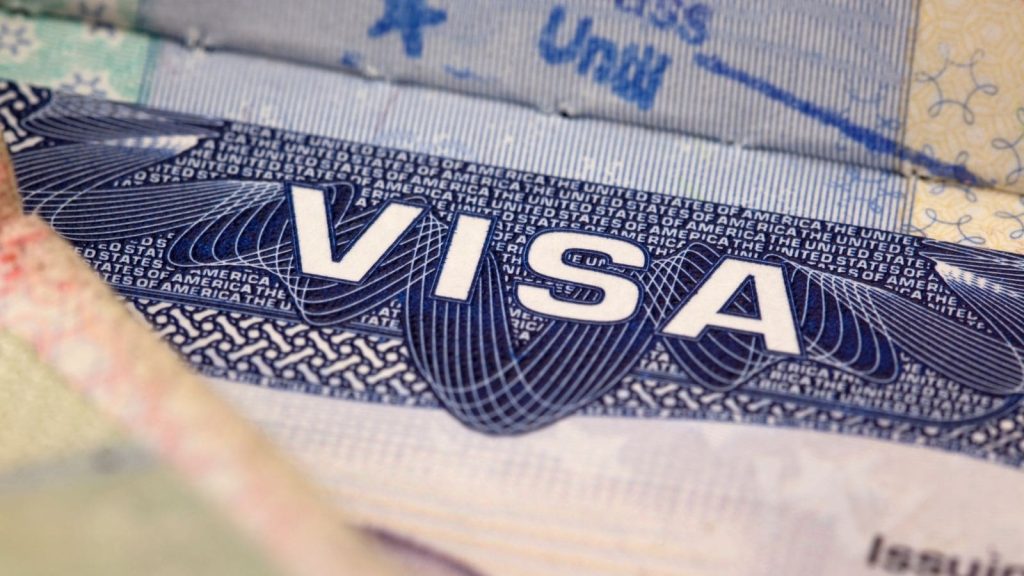Essential Workers for Economic Advancement Act: New U.S. Visa Proposal for Limited-Skill Labor
Representative Lloyd Smucker introduces H-2C visa plan to address workforce shortages in hospitality, construction, and food services while balancing protections for American workers.

Republican Representative Lloyd Smucker (Pennsylvania) introduced a new bill on Tuesday titled the “Essential Workers for Economic Advancement Act.” The legislation proposes the creation of an H-2C visa program, designed to temporarily allow limited-skill workers into the United States to fill jobs in industries facing persistent labor shortages.
According to Roll Call, Smucker described the program as a “logical solution” to close workforce gaps while supporting economic growth. He emphasized that the proposal prioritizes American workers first but gives employers the ability to fill unstaffed roles—particularly in hospitality, construction, and food services, where chronic shortages have been reported.
Key Features of the H-2C Visa Program
-
Annual Cap: Initially set at 65,000 visas, with flexibility between 45,000 and 85,000 depending on labor market needs.
-
Duration: Three-year validity, renewable twice, allowing for up to nine years of legal residence.
-
Eligibility: Jobs must remain vacant for at least three months, in areas where unemployment is below 7.9%.
-
Requirements: Applicants must have a job offer, pass a criminal background check, and are barred from bringing family members.
-
Restrictions: Workers cannot originate from countries designated by the U.S. State Department as supporting terrorism, including Iran, Cuba, and North Korea.

Support and Industry Impact
Policy experts note that the proposed H-2C visa aims to fill gaps left by current guest worker programs such as H-2A (agricultural workers) and H-2B (non-agricultural seasonal workers).
The restaurant sector, in particular, welcomed the initiative. Sean Kennedy of the National Restaurant Association stated:“The industry is facing major hiring challenges, and this bill provides a realistic opportunity to address the shortage.”
Similarly, Val Jordan Fischetti of Americans for Prosperity argued that the program would fix shortcomings that prevent existing visa categories from accommodating certain types of workers.
Criticism and Concerns
Despite broad support, critics warn that the legislation could increase reliance on “cheap labor” and potentially undermine wages and opportunities for American workers. Data from existing visa programs like H-2B shows that temporary foreign workers are often paid up to 22% less than the national average in industries such as landscaping, hospitality, and construction.

Bipartisan Backing
According to The Hill, Smucker has already secured the support of ten bipartisan lawmakers, including Representatives Henry Cuellar (D-Texas), Tom Suozzi (D-New York), María Elvira Salazar (R-Florida), and Juan Ciscomani (R-Arizona). Their goal is to strike a balance: meeting urgent labor demands while safeguarding U.S. workers.



